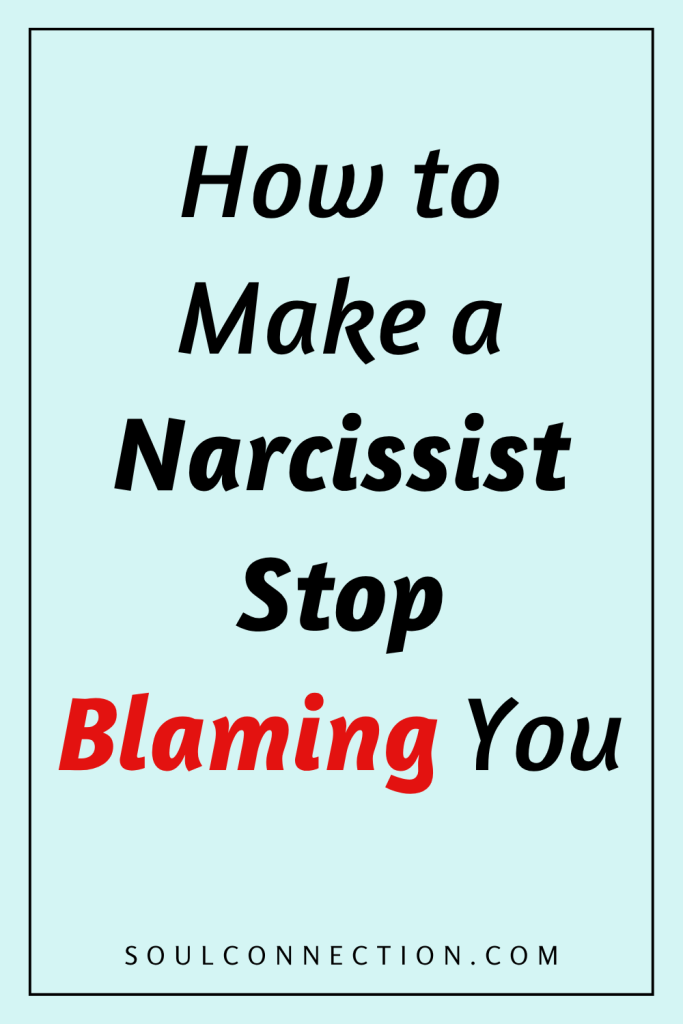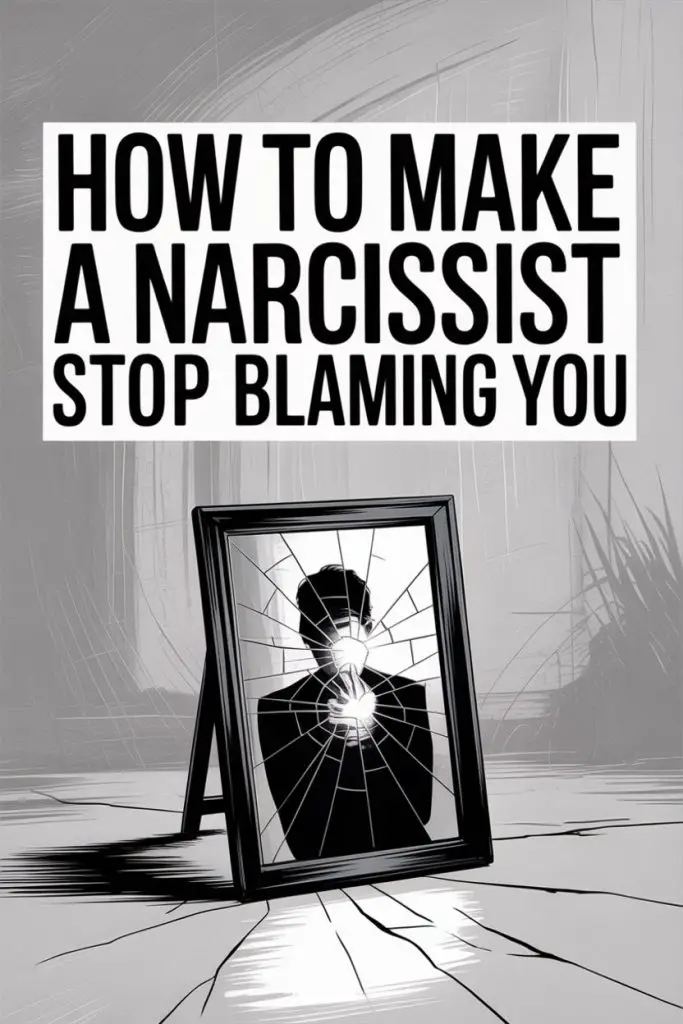Ever get blamed for the weather, a lost sock, or the stock market’s latest nosedive? If you’re dealing with a narcissist, you probably have a PhD in being the scapegoat—and frankly, you’d like to retire from that gig, thanks very much.
Narcissists have a gift for rewriting reality, and if you’re reading this, odds are you’re tired of playing the villain in their one-person drama.
It’s not impossible to stop being their favorite punching bag, but it does take a bit more than reciting positive affirmations in the mirror. Prepare for a blend of grit, humor, and strategy.
Spotting the Blame Game in Action
Narcissists aren’t subtle. If something in their universe isn’t perfect, someone else is wearing the dunce cap—and it’s usually you.
The coffee’s cold? You made it that way with your “poor” barista skills. Family gathering got weird? Your fault for inviting Aunt Janet.
Recognizing the pattern is step one. Blame-shifting is like breathing to narcissists—it comes naturally and happens constantly. Don’t expect a confession of guilt anytime soon.
Emotional Teflon and Its Many Benefits
When life hands you a narcissist, you’ll want to invest in some invisible emotional armor. There’s no use taking every accusation as gospel.
If they say you’re “always ruining things,” remind yourself that this is just another episode of their reality show.
Emotional detachment doesn’t mean you stop caring. It means you stop absorbing. Picture their words bouncing off you like peas off a brick wall. Bam. Nothing sticks.
Boundaries: Not Just for Suburban Fences
Boundaries with a narcissist aren’t optional—they’re life support. Setting limits isn’t about punishing them (though the look on their face might be reward enough), but about protecting your peace.
State your needs calmly, without apology. “I hear you’re upset, but I’m not going to discuss this if you keep blaming me.” You’ll have to repeat yourself, possibly a lot. Like, a lot a lot.
They won’t like your boundaries, but they don’t have to. You’re not passing out permission slips.
Stop Apologizing for Existing
If you’ve found yourself apologizing for things you didn’t do, things you couldn’t possibly have done, or things that happened before you were born—congrats, you’ve passed Narcissism 101.
Resist the urge to keep the peace with apologies. Only apologize when you genuinely mess up. Otherwise, you’re just encouraging their favorite sport: blame volleyball.
The Magical Power of the Grey Rock
Sometimes the best response is a non-response. Enter the “grey rock” technique, loved by therapists everywhere and anyone who’s survived a narcissist.
Play boring. Emotionless. Unfazed. Monosyllabic, even.
Narcissists thrive on drama, so if you stop handing them emotional firewood, their bonfire fizzles out. It’s not exciting, but it works.
Facts Over Feelings
Arguments with a narcissist can feel like being trapped in a carnival funhouse. Up is down, left is right, and somehow you’re responsible for it all.
Stick to facts. Don’t get dragged into circular debates or emotional appeals. “Actually, this is what happened.” Then stop. They’ll try to bait you—don’t take it.
Documentation helps. If you need to, keep records of key conversations. If nothing else, it’ll keep you sane (and might come in handy if things ever get messier).
Resist the Urge to Defend, Explain, or Over-Justify
When someone’s blaming you for everything from global warming to their missing sandwich, the instinct is to defend yourself. Trouble is, narcissists are Olympic-level debaters—logic doesn’t stand a chance.
Say your piece, then leave it at that. Over-explaining is like giving them a map to your weak spots. Don’t do it.
Reframe Their Blame as Their Problem
A narcissist’s blame game says more about them than about you. Keep reminding yourself: their words are a reflection of what’s swirling in their own heads, not your actual value.
Mentally hand their accusations back to them. Not your circus, not your monkeys.
Rally Your Support Squad
Going it alone is overrated. Reach out to friends, family, or a therapist who truly gets it. Sometimes you need someone to say, “No, you’re not crazy—your partner just likes rewriting the script.”
Validation and reality checks are powerful. They help you keep your perspective when the narcissist is working overtime to warp it.
Refuse to Play Their Role Assignments
Narcissists hand out roles like a bad director at community theater. Scapegoat. Villain. Incompetent. You don’t have to accept the casting.
Communicate clearly: “I’m not willing to be talked to that way,” or “That’s not my responsibility.” You’ll probably get pushback. Keep repeating yourself as needed—consistency confuses them.
Know When to Call Time
Some narcissists are deeply invested in the Blame Olympics. If you’ve tried every trick in the book and you’re still the designated villain, it might be time to step away.
Leaving isn’t failure. Sometimes it’s self-preservation.
If your mental health is taking a beating, consult a professional or support group. No relationship is worth losing yourself over.
When the Blame Shifts, What Next?
Imagine a world where you’re not automatically at fault for every mishap. If you apply these strategies consistently, the narcissist’s blame machine might sputter—at least where you’re concerned.
You’ll notice less drama, more peace, and a sudden urge to do a happy dance every time you aren’t blamed for the burnt toast.
Not every narcissist will give up entirely—they might just move on to a new target (apologies to the new scapegoat). What matters is reclaiming your space, your sanity, and your freedom from undeserved blame.
No more starring in someone else’s one-man show. Bring on the encore.


